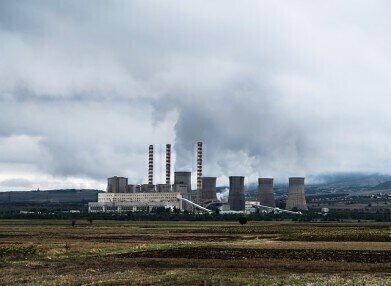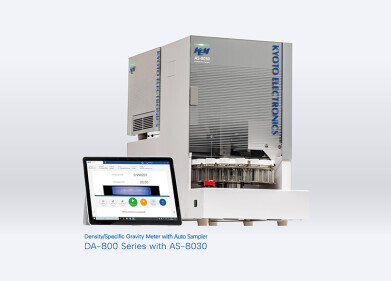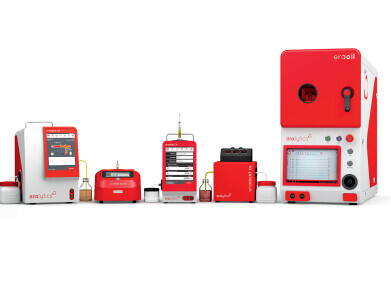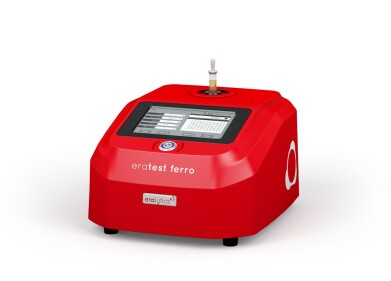Analytical Instrumentation
How Accurate Are Fossil Fuels Emissions Measurements?
May 02 2018
With climate change rapidly accelerating, CO2 emissions have emerged as a hugely controversial topic. Now, researchers from the Imperial College London have developed a way to precisely measure the impact of fossil fuels. Homing in on the state of California, the NASA-funded study is the first to independently check actual CO2 emissions and compare them to reported emissions.
Comparing estimates with specifics
Generally, most countries and commercial businesses report fossil fuel derived emissions by recording what resources they've used, then using the data to predict how much CO2 has been released into the atmosphere. For example, the latest figures from Carbon Brief suggests that after a 19% decline in coal use, fossil fuel derived CO2 emissions in the UK dropped by 2.6% in 2017. However, the Imperial College London researchers argue that due to different variables there could be uncertainty in such estimates.
It's no secret that carbon dioxide produced from fossil fuel combustion is the key driver of climate change. As a result, countries, governments and citizens across the globe are rallying to curb CO2 emissions. Measurable results are an important part of driving change, with the Imperial College London team asserting that they've developed a technique to estimate CO2 emissions using specific atmospheric data.
Keeping tabs on the Paris Agreement
The technique was tested in California over a period of three months and while it was able to confirm that reported and actual emissions were on par, the researchers warned that this may not be the case for other regions.
For the planet, the study champions atmospheric measurements as a way to monitor fossil fuel CO2 emissions and ensure that regions are meeting their targets. It could emerge as a powerful tool for keeping tabs on environmental accords like the Paris Agreement, which exists to reduce global greenhouse gas emissions and ensure the global temperature rise doesn't climb two degrees Celsius above pre-industrial levels.
Dr Heather Graven, lead author of the study says, “The Paris Agreement requires that ‘stocktakes’ are conducted every five years, but the details of how these will be conducted are not settled and are in need of input from researchers. Our study is the first example of how atmospheric measurements can help to check on fossil fuel CO2 emissions over an area large enough to encompass nations, provinces or states.”
For the latest industry news don't miss 'Bellows Pumps as the Foundation for Process and Emissions Analysis Sending Sample Gas Well on its Way', which introduces the latest technology from Bühler.
Digital Edition
PIN 25.1 Feb/March
March 2024
In This Edition Safety - The technology behind the ION Science Tiger XT - Safety with ammonia and LOHCs as hydrogen carriers Analytical Instrumentation - Discussion on new tribology te...
View all digital editions
Events
Apr 28 2024 Montreal, Quebec, Canada
Apr 30 2024 Birmingham, UK
May 03 2024 Seoul, South Korea
May 05 2024 Seville, Spain
May 06 2024 Riyadh, Saudi Arabia


















